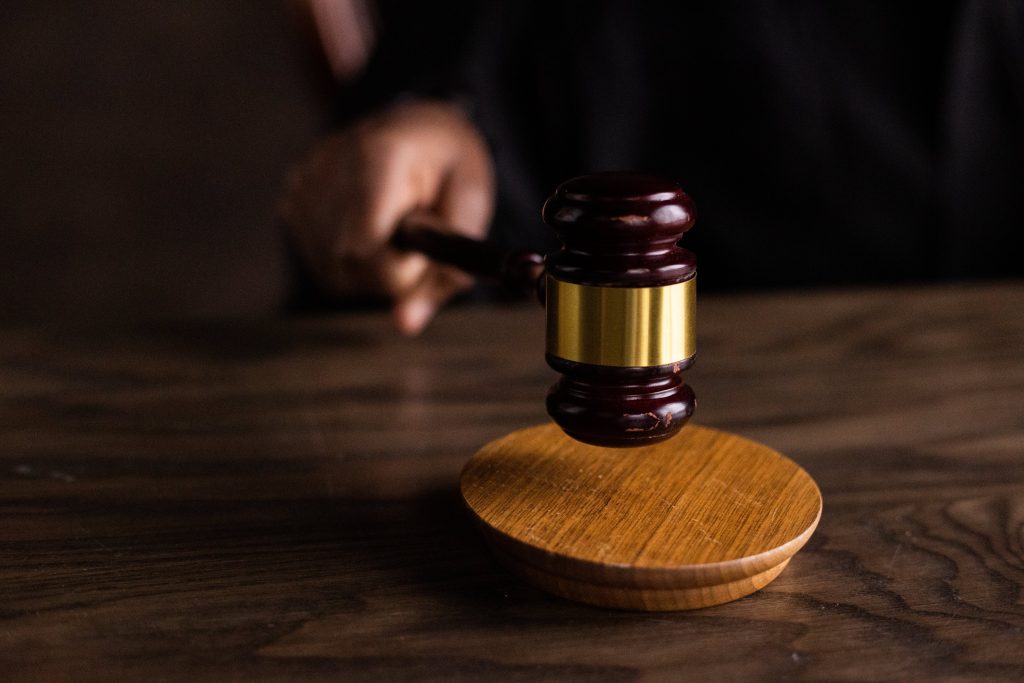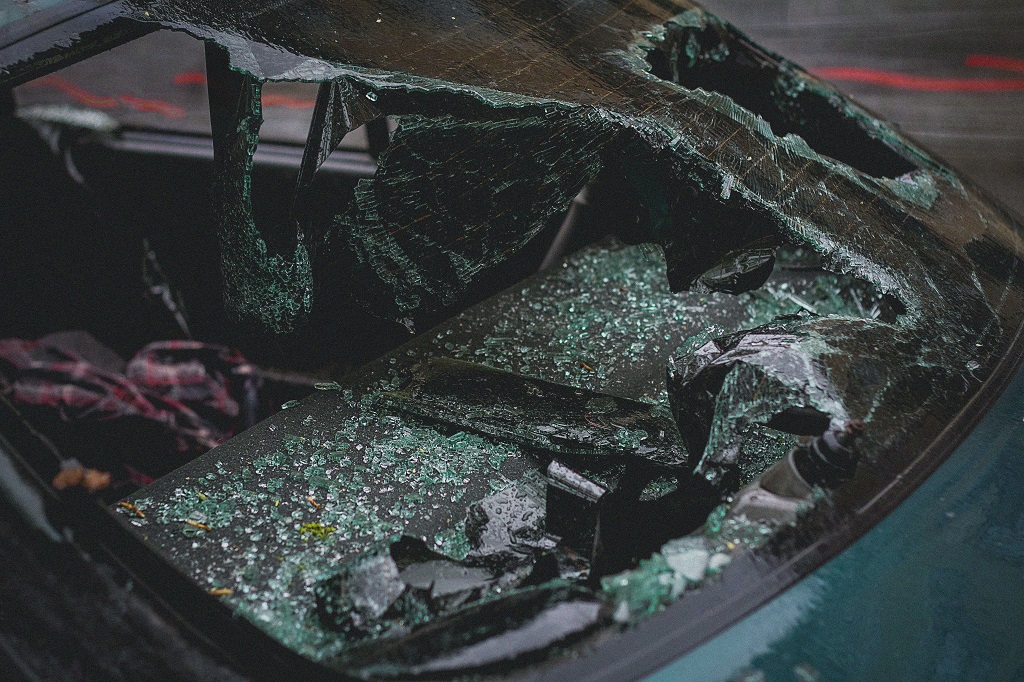-
- Always have your insurance information ready and report the accident to the police and your insurer.
- Understand your policy’s coverage, including uninsured/underinsured motorists, PIP, roadside assistance, and rental reimbursement.
- Seek immediate medical attention if injuries occur, keeping all relevant medical records.
- Contact your carrier to initiate the claim, and consider legal help for liability disputes or significant damages.
Being involved in a car accident is not something that anyone hopes for or enjoys. The stress and trauma of the incident aside, the process of filing for an insurance claim can be overwhelming. Most people have limited knowledge of insurance policies and are often unsure about what to do after a collision. Insurance companies have different policies and procedures, making it confusing to understand what to expect.
This blog will help you understand the basics of filing an insurance claim. You might be surprised how simple and stress-free the process can be if you know the right steps to take. Here are the things you need to know when filing an insurance claim after a crash.
Have your insurance information on hand.
Before hitting the road, it’s crucial always to have your insurance information readily available. In the event of a collision, you’ll need to provide your insurance policy number, the name of your insurance company, as well as your contact information. Make sure to keep a copy of your insurance documents in your vehicle or somewhere easily accessible.
File a report.
If you’re involved in an accident, it’s crucial to report it as soon as possible. Report the crash to the police and your insurance provider. If the accident is minor, you may not need to call the police. However, if there’s significant damage, injuries, or death, call 911 immediately. An officer will document the scene and provide you with a report number, which you’ll need when filing your claim.
Know your policy’s coverage.

Every car insurance policy has limits, so it’s essential to know what your coverage includes. Liability coverage typically covers small accidents, while comprehensive and collision coverage will cover damages to your car. However, it’s crucial to check the limits and deductibles of your policy. If you’re unsure about any coverage, contact your insurance company for more information. And if you’re planning to get a new insurance policy, make sure it covers the following four things:
Uninsured/underinsured motorist coverage
Uninsured/underinsured motorist coverage protects you if the other driver involved in the accident doesn’t have insurance or has insufficient coverage. This type of policy will help pay for your damages and injuries.
Personal injury protection (PIP)
Personal injury protection covers medical expenses, lost wages, and other costs incurred due to an accident. It’s crucial to have this coverage as it can save you from financial burdens in case of an accident.
Roadside assistance
Having roadside assistance coverage can be a lifesaver, especially if you’re involved in an accident far from home and need help with towing or tire changes. Make sure your policy includes this type of coverage.
Rental car reimbursement
If your car is damaged and needs to be repaired, having rental car reimbursement coverage will help cover the costs of a rental car while your vehicle is being fixed. This type of coverage can save you from the inconvenience of not having transportation.
By understanding your policy’s coverage, you’ll know what to expect when filing a claim and avoid any unexpected expenses.
Seek medical attention.
If you or any passengers have been hurt in the crash, it’s essential to seek medical attention immediately. Even if the injuries seem minor, such as a headache or sore neck, you should still see a doctor. Keep all medical records and bills and provide them to your insurance company.
Contact your insurance carrier.
Once you’ve collected all the necessary information about the accident, it’s time to contact your insurance carrier. Your agent will guide you through the process and tell you what to expect. Inform them of all the details of the crash, including the other driver’s information, police report, and injuries. Your insurance carrier will then initiate the claim by assigning an adjuster to evaluate the damages.
Employ legal help if necessary.

In some cases, you may need legal help when filing an insurance claim. This is especially true if the other driver disputes liability or if there are significant injuries or property damages. Usually, a car accident lawyer can help you negotiate with the insurance company and ensure that you receive full compensation for your damages. They can also help you navigate the legal process if the case goes to court.
Filing for an insurance claim after a car accident doesn’t have to be a daunting process. With the right knowledge and preparation, you can navigate through the steps with ease. Remember to have your insurance information on hand, report the accident promptly, understand your policy’s coverage, seek necessary medical attention, and contact your insurance carrier. Don’t hesitate to seek legal help if the situation demands. Navigating these steps will help ensure that the claim process is smooth and you’re adequately compensated for your damages.

